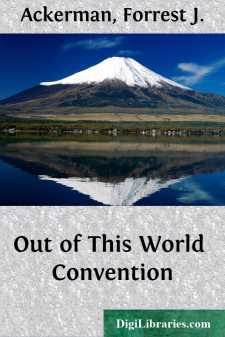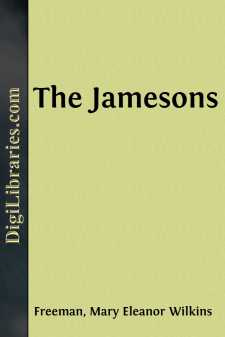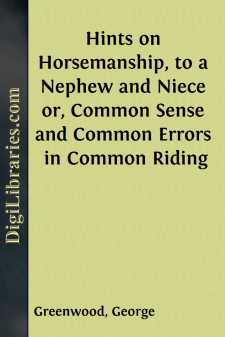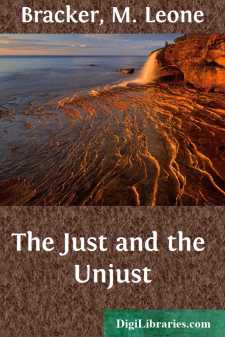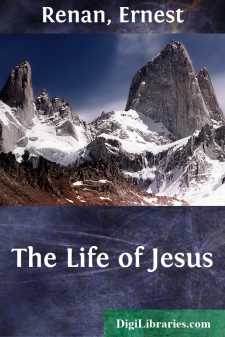Categories
- Antiques & Collectibles 13
- Architecture 36
- Art 48
- Bibles 22
- Biography & Autobiography 813
- Body, Mind & Spirit 142
- Business & Economics 28
- Children's Books 15
- Children's Fiction 12
- Computers 4
- Cooking 94
- Crafts & Hobbies 4
- Drama 346
- Education 46
- Family & Relationships 57
- Fiction 11828
- Games 19
- Gardening 17
- Health & Fitness 34
- History 1377
- House & Home 1
- Humor 147
- Juvenile Fiction 1873
- Juvenile Nonfiction 202
- Language Arts & Disciplines 88
- Law 16
- Literary Collections 686
- Literary Criticism 179
- Mathematics 13
- Medical 41
- Music 40
- Nature 179
- Non-Classifiable 1768
- Performing Arts 7
- Periodicals 1453
- Philosophy 64
- Photography 2
- Poetry 896
- Political Science 203
- Psychology 42
- Reference 154
- Religion 513
- Science 126
- Self-Help 84
- Social Science 81
- Sports & Recreation 34
- Study Aids 3
- Technology & Engineering 59
- Transportation 23
- Travel 463
- True Crime 29
Sort by:
by:
Various
APRIL 8, 1914. "Mr. Asquith Cleans the Slate." Daily Chronicle. The pity is that so many of his followers seem to prefer to slate the clean. Even The Nation is not quite satisfied with the Government, and has been alluding to "the extreme slackness of Cabinet methods," and complains that "situations are not thought out beforehand." The Government, apparently, is now taking the...
more...
I was a spy for the FBI—the Fantasy Bureau of Investigation! Learning of a monster meeting of science fiction "fen" in New York, I teleported myself 3,000 miles from the Pacificoast to check the facts on the monsters. And it was true—the 14th World SciFi Con was tremonstrous. In all seriousness, the Newyorcon was one of the greatest aggregations of s.f. enthusiasts I have ever seen. A far...
more...
CHAPTER I The attempts to instil the elements of music into Charles Dickens when he was a small boy do not appear to have been attended with success. Mr. Kitton tells us that he learnt the piano during his school days, but his master gave him up in despair. Mr. Bowden, an old schoolfellow of the novelist's when he was at Wellington House Academy, in Hampstead Road, says that music used to be...
more...
by:
Alec C. Ball
In narrating these few episodes in the undulatory, not to say switchback, career of my friend Aristide Pujol, I can pretend to no chronological sequence. Some occurred before he (almost literally) crossed my path for the first time, some afterwards. They have been related to me haphazard at odd times, together with a hundred other incidents, just as a chance tag of association recalled them to his...
more...
ITHEY ARRIVE Until that summer nobody in our village had ever taken boarders. There had been no real necessity for it, and we had always been rather proud of the fact. While we were certainly not rich—there was not one positively rich family among us—we were comfortably provided with all the necessities of life. We did not need to open our houses, and our closets, and our bureau drawers, and give...
more...
by:
Various
PREFACE Seldom does a book of poems appear that is definitely a response to demand and a reflection of readers' preferences. Of this collection that can properly be claimed. For a decade Normal instructor-primary plans has carried monthly a page entitled "Poems Our Readers Have Asked For." The interest in this page has been, and is, phenomenal. Occasionally space considerations or...
more...
by:
Scott Nearing
1. THE SUPREME COURT The Supreme Court of the United States on March 10, 1919, handed down a decision on the Debs case. That decision is far-reaching in its immediate significance and still more far-reaching in its ultimate implications. What is the Supreme Court of the United States? Article III, Section I of the Constitution provides as follows: "The judicial power of the United States shall be...
more...
by:
George Greenwood
CHAPTER I. MILITARY RIDING NOT FIT FOR COMMON RIDING. Throughout Europe there is only one style of riding taught; that is, the soldier’s one-handed style.—Two hands should be used to the reins.—A soldier’s horse must turn on the wrong rein.—Common riders generally turn their horses on the wrong rein. Result of this with colts or restive horses.—Indications are not aids. When you wish to...
more...
by:
M. Leone Bracker
FIGHTING SHRIMPLIN Custer felt it his greatest privilege to sit of a Sunday morning in his mother's clean and burnished kitchen and, while she washed the breakfast dishes, listen to such reflections as his father might care to indulge in. On these occasions the senior Shrimplin, commonly called Shrimp by his intimates, was the very picture of unconventional ease-taking as he lolled in his chair...
more...
by:
Ernest Renan
LIFE OF JESUS PLACE OF JESUS IN THE HISTORY OF THE WORLD. The great event of the History of the world is the revolution by which the noblest portions of humanity have passed from the ancient religions, comprised under the vague name of Paganism, to a religion founded on the Divine Unity, the Trinity, and the Incarnation of the Son of God. It has taken nearly a thousand years to accomplish this...
more...



